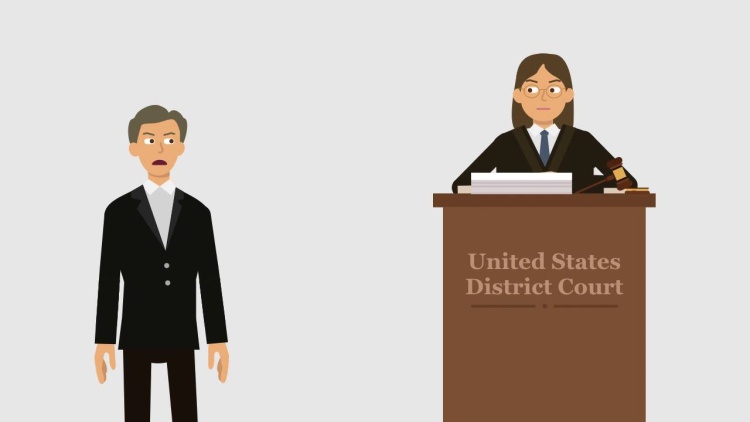Perry v. Sindermann
United States Supreme Court
408 U.S. 593 (1972)

- Written by Josh Lee, JD
Facts
Robert Sindermann (plaintiff) was a teacher in the state-college system in Texas for 10 years. For the last four years of that time, Sindermann worked for Odessa Junior College (Odessa) as a professor of government and social science. Sinderman was employed under a series of one-year contracts and was appointed the cochairman of the department. Odessa’s official faculty guide stated that Odessa did not have a tenure system, but Odessa wanted all the faculty to feel that they had a permanent tenure. During the 1968–1969 school year, Sindermann was elected president of the Texas Junior College Teachers Association. Sindermann then aligned himself with a group that advocated converting Odessa to a four-year university. Odessa’s board (the board) opposed converting to a four-year university. At the end of the school year, Sindermann’s contract was terminated and not renewed. The board did not provide an official statement of the reasons for the nonrenewal. The board did issue a press release, alleging that Sindermann was insubordinate. Odessa did not give Sindermann a chance to contest the nonrenewal. Sindermann then sued the president of Odessa and members of the board (defendants), alleging a violation of the First Amendment right to free speech and the Fourteenth Amendment guarantee of procedural due process. The district court granted summary judgment in favor of the president and board members. Sindermann appealed, and the court of appeals reversed. The United States Supreme Court granted the president and board members’ petition for certiorari.
Rule of Law
Issue
Holding and Reasoning (Stewart, J.)
What to do next…
Here's why 907,000 law students have relied on our case briefs:
- Written by law professors and practitioners, not other law students. 47,100 briefs, keyed to 996 casebooks. Top-notch customer support.
- The right amount of information, includes the facts, issues, rule of law, holding and reasoning, and any concurrences and dissents.
- Access in your classes, works on your mobile and tablet. Massive library of related video lessons and high quality multiple-choice questions.
- Easy to use, uniform format for every case brief. Written in plain English, not in legalese. Our briefs summarize and simplify; they don’t just repeat the court’s language.





